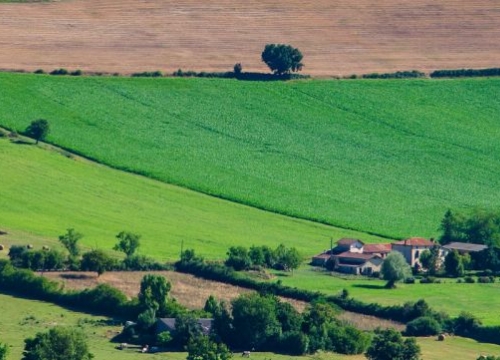The Implementation of the UN Declaration on the Rights of Peasants in France: Focus on the Right to Seeds
Event


harmishhk
French seeds laws and policies leave to peasants certain freedoms to use, exchange and sell their seeds, which is not the case in many other European Union (EU) countries. Interestingly, France is the country where the catalogue for seeds registration was born – which excludes peasant seeds – and subsequently taken over by the EU.
This online conference (in French), co-organized with the Confédération paysanne and the Comité français pour la solidarité internationale (CFSI), will discuss content and recommendations of our recent publications on the right to seeds – The Right to Seeds in Europe, The Right to Seeds and Food Systems, The Right to Seeds and Intellectual Property Rights – with French partners.
Programme
Discover the conference's full programme.
Online
This public conference will take place online on the platform Zoom.
To follow it, register here. After registering, you will receive a confirmation email containing information about joining the event.
Asking Questions to Panelists
Please use the Zoom chat function to ask your questions, the moderator will make a selection of questions at the end of the presentations. There will be no possibility to interact by webcam and microphone in order to avoid connection issues.








